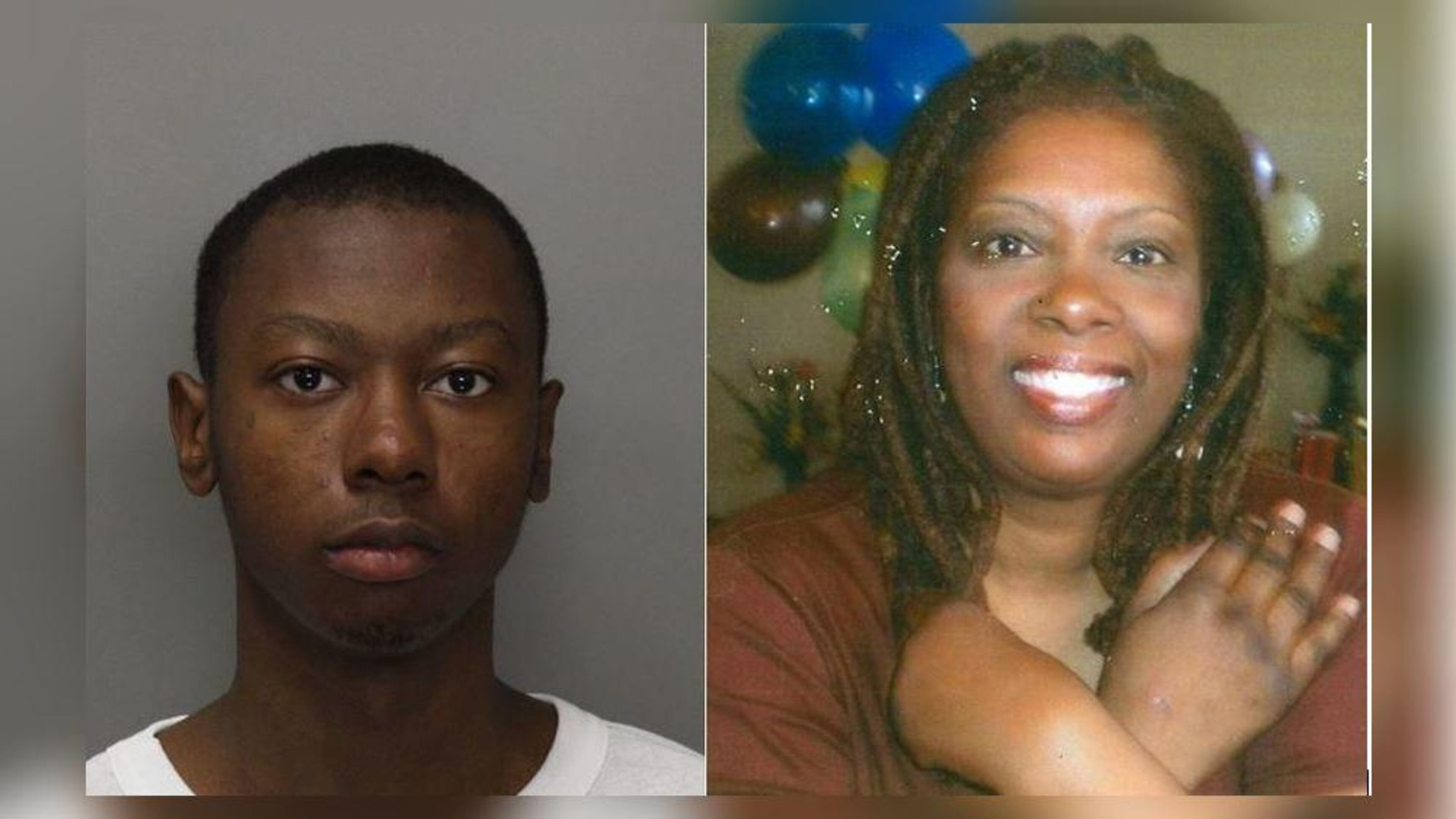U.S. Supreme Court weighs double jeopardy in Georgia murder case

Several U.S. Supreme Court justices appeared doubtful Tuesday that a Georgia man can be retried for malice murder in the stabbing death of his mother after being found not guilty by reason of insanity.
Damian McElrath’s attorney, Richard A. Simpson, urged the court to find that McElrath’s 2017 acquittal of malice murder bars his retrial on that charge under the doctrine of double jeopardy. The constitutional clause prevents a person from being convicted twice of the same offense.
Though McElrath was found not guilty of malice murder by way of insanity, he was found guilty but mentally ill of felony murder and aggravated assault. McElrath was 18 when he stabbed Diane McElrath more than 50 times at their Cobb County home in 2012.
The Georgia Supreme Court decided in early 2020 that it was “repugnant” for a jury to find McElrath both not guilty and guilty in the way that it did. The state’s highest court vacated the verdicts and ordered a new trial.
Arguing Tuesday on behalf of the state, attorney Stephen J. Petrany told the U.S. Supreme Court that McElrath can be retried for malice murder because the verdicts in his case didn’t make sense and therefore can’t stand.
Justice Clarence Thomas pushed back on that theory, leading Petrany to concede that the malice murder acquittal stacked up if considered in isolation. Thomas suggested the jury’s finding that McElrath wasn’t guilty of malice murder constituted a verdict, outside the fact that the jury found McElrath guilty of separate charges.
“The problem is that up to that point, until you void the verdict, you have what constitutes a verdict,” Thomas told Petrany. “It’s not procedurally defective. There’s not a jurisdictional problem. You have a verdict that is subsequently voided because it’s inconsistent with a separate charge. And I don’t know how you get around that notion.”
Petrany doubled down on his point that “there was never a verdict.” He said the jury improperly found that McElrath was “both sane and insane at the same time.”
“That’s why the Georgia Supreme Court held there was no verdict, no acquittal, and no convictions,” Petrany said. “Because there’s no verdict, there’s no termination of jeopardy, and the double jeopardy clause doesn’t apply.”
Arguing for McElrath, Simpson said American courts have respected for hundreds of years the notion that a not-guilty verdict is final and protects the acquitted individual from a second prosecution. He said no one objected to McElrath’s acquittal of malice murder, which the trial judge accepted as procedurally proper.
“This court’s analysis has always been offense by offense,” Simpson told justices. “In this case, the Georgia Supreme Court for the first time held that both the acquittal and the conviction should be vacated.”
Justice Ketanji Brown Jackson noted that jury verdicts are generally respected by courts, even if they seem odd.
“We don’t go back and try to figure out the jury’s thinking with respect to inconsistent verdicts across different counts, because they can do whatever they want,” she said. “That has been sort of a time immemorial principle with respect to jury deliberations.”
Justice Neil M. Gorsuch said Georgia appeared to be the only state allowing an acquittal to be invalidated based on its “repugnancy” with other guilty verdicts. He said McElrath’s case seemed to be the first time the issue had arisen.
“Shouldn’t that tell us something?” Gorsuch asked Petrany. “(For) the 230 years in this country’s history, we have respected acquittals without looking into their substance and without looking into how they fit with other counts. And we do not ever talk about whether they make sense to us. They may be products of compromise. They may be inconsistent with verdicts on other counts. We don’t question them.”
Petrany acknowledged that a jury’s acquittal is generally “sacrosanct” and not something Georgia is trying to undermine. He said the circumstances in McElrath’s case are rare.
Justice Elena Kagan said the U.S. Supreme Court had rejected in numerous other cases the notion that two inconsistent verdicts are necessarily void. She said she didn’t see how that was any different than the issue in McElrath’s case.
“The jury might have made a humdinger of a mistake in the way that you’re suggesting,” Kagan said to Petrany. “But in addition, the jury might have decided to compromise things out or to show leniency. It’s the exact same thing that you’re asking us to look into, which we have always said we will not look into.”
It is unclear when the court will decide the case.


